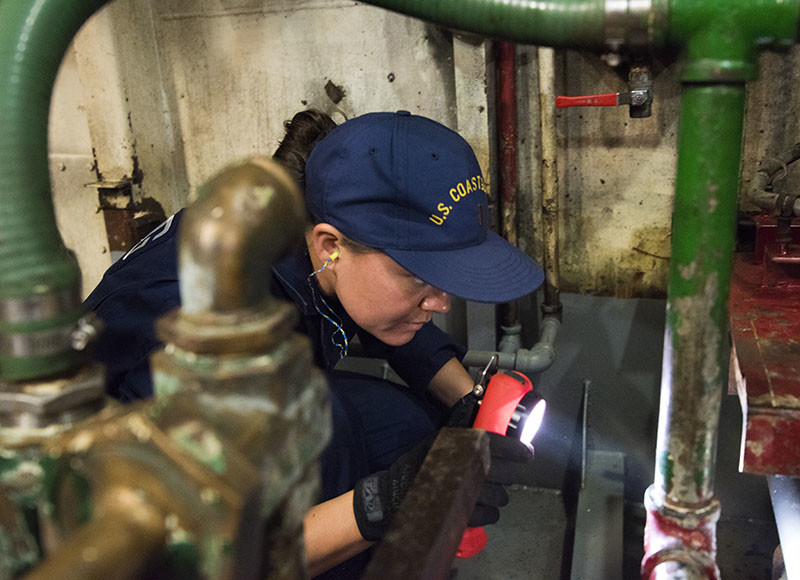I was diagnosed with liver cancer last year and it was decided that a transplant was the best thing to do. I underwent surgery in October, and it was a success.
I am now back in the saddle and ready to go. While recuperating, I received many calls from friends and Passenger Vessel Association members. While talking to them, many brought up the subject of inexperienced Coast Guard inspectors out in the field and how some inspectors were going back and changing what had been standard operating procedure for years.
This is not anything new. However, when there is a pattern like this one it should receive some attention. For a large majority of operators who are new at operating a commercial boat, it can be unsettling. In my case, since I am one of the few operators who are in the streamlined inspection program (SIP), I get insulated from much of this because the Coast Guard and my company, BB Riverboats, have an agreement on what criteria is used to report deficiencies. As most of you know, the way this is done is though form 835 (notice of Merchant Marine Inspection Requirements). For SIP users, it is done through a correction report and is kept in a file at BB Riverboats.
Many operators from all over the U.S. say that inspectors are not writing 835s on site. Thus, when they receive 835s in the mail, there could be more in them than what inspectors discussed when they left your facility. In my opinion, this practice is wrong. If the Coast Guard is so short on inspectors that they cannot write the 835s on board before they leave your boat, they should hire more inspectors.
My solution to both issues is SIP. The Coast Guard needs to go back, and revisit SIP and I am willing to help them achieve this. I know the other SIP operators, and all of us can pitch in and put SIP back on the priority list. And with PVA already invested in SMS (safety management systems), I stand ready to help.



.JPG.small.400x400.jpg)

